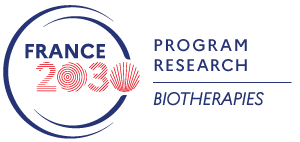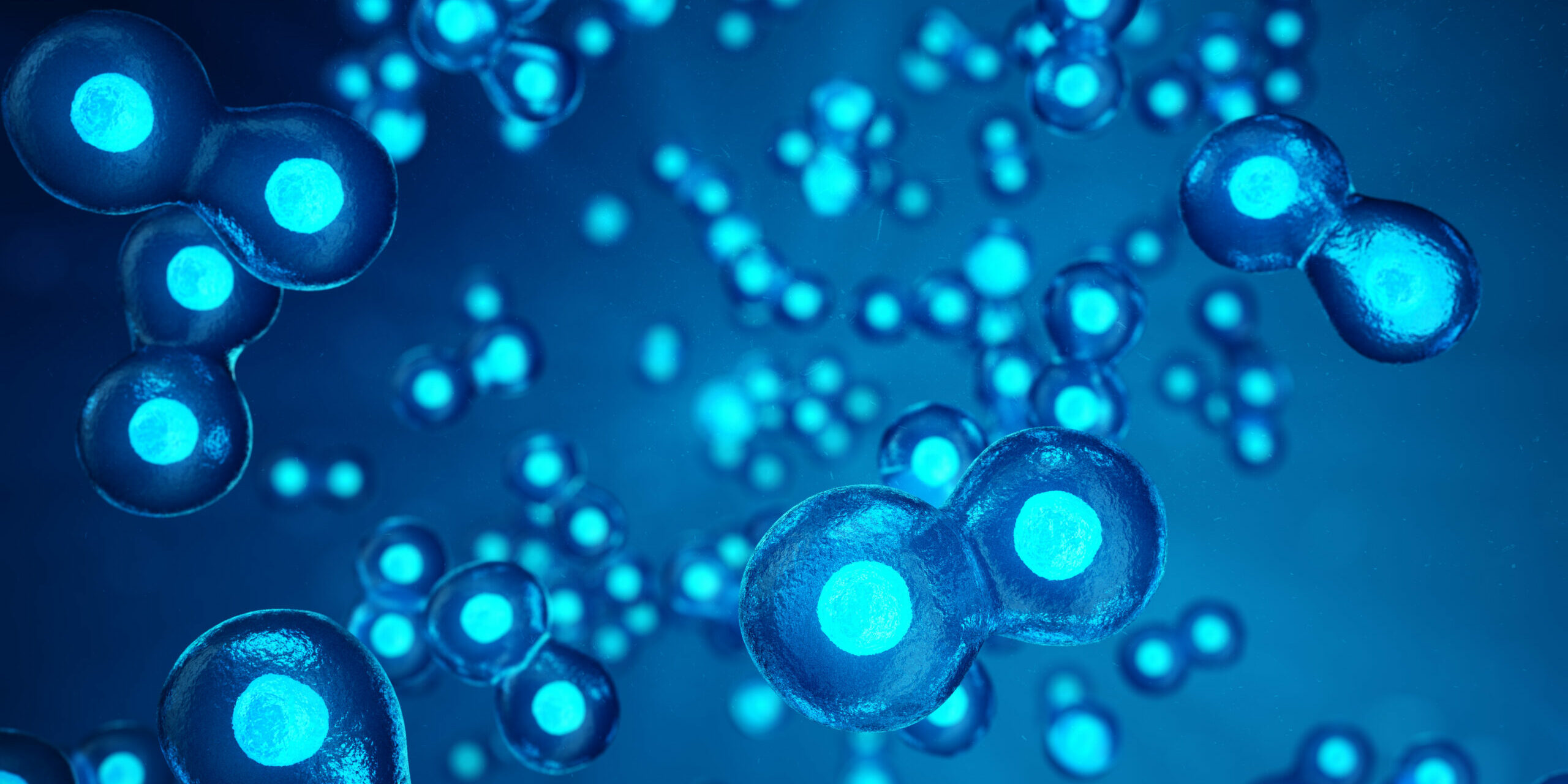Generation of iChondrocytes to regenerate articular cartilage
Farida DJOUAD – Regeneration Mechanism and Therapeutic Applications
Inserm – Montpellier University
Institute for Regenerative Medicine and Biotherapy (IRMB)
Neural crest cells derived from iPS (iNCC)
Advanced cell therapy medicinal products
GMP production
Regeneration of cartilage
Tissue engineering
Osteo-articular diseases
Pharmaceutical development and Regulatory requirements
- Budget : 4 M€
- Duration : 4 years (2023 – 2027)
Articular cartilage can be the target of multiple traumatic or age-related injuries. Because of the limited regenerative capacity of this tissue, these injuries, which lead to permanent destruction of the extracellular matrix, are one of the most difficult problems to resolve in musculoskeletal medicine. Articular cartilage regenerative medicine based on the use of mesenchymal stromal cells (MSC) has produced encouraging results for trauma- or age-related changes in articular cartilage that may contribute to the development of osteoarthritis, but has not produced sufficient results for the long-term regeneration of joint tissue.
To overcome this lack of regeneration, the iCHONDRO project proposes to use neural crest-derived cells (NCC), which are involved in most, if not all, spontaneous regeneration processes in species capable of regeneration. The interest in using these cells to repair articular cartilage is also supported by a clinical trial carried out on ten patients showing that nasal cartilage chondrocytes derived from NCC regenerate articular cartilage defects better than articular chondrocytes themselves. Recently, researchers at the Institute for Regenerative Medicine and Biotherapies (IRMB) have described the central role of NCC-derived chondrocytes in the cartilage regeneration process in zebrafish. They have also demonstrated the ability of human progenitor cells loaded in fibrin gel to form cartilage in vitro.
In this context, the iCHONDRO project ambitions to develop a new cell therapy drug product based on the generation of universal allogeneic NCC (which do not stimulate the recipient’s immune response) that will be encapsulated in an injectable hydrogel. The articular cartilage regeneration potential of the iCHONDRO-fibrin gel product will be evaluated in preclinical models to design a phase 1 multicenter, prospective trial in subjects with cartilage defects on the femoral condyle. To that end, the specific objectives of iCHONDRO project are to:
- generate a human NCC,
- produce chondroprogenitors (iCHONDRO) from NCC and evaluate their chondrogenic potential in vitro and in vivo,
- encapsulate iCHONDRO in a fibrin gel for cartilage formation in vivo,
- evaluate the cartilage regeneration potential of the iCHONDRO-fibrin gel product in a preclinical ovine model,
- complete the pharmaceutical development of iCHONDRO and obtain regulatory and ethical approval for clinical application.
If successful, the iCHONDRO project will contribute to the convergence and development of a new advanced therapy drug, from the laboratory to the patient’s bedside.
| Coordinating partner : Farida DJOUAD – Regeneration Mechanism and Therapeutic Applications Inserm – Montpellier University Institute for Regenerative Medicine and Biotherapy (IRMB) |
|||||||
| Jérôme LARGHERO – MEARY center Assistance Publique – Hôpitaux de Paris (AP-HP) Saint Louis Hospital |
|||||||
| Chantal PICHON – US55 ART-ARNm Inserm Orléans University |
|||||||
| Danièle NOËL – UMR 1183 Inserm Institute for Regenerative Medicine and Biotherapy (IRMB) |


